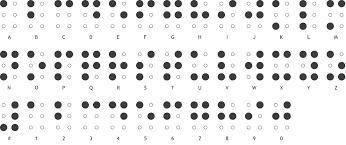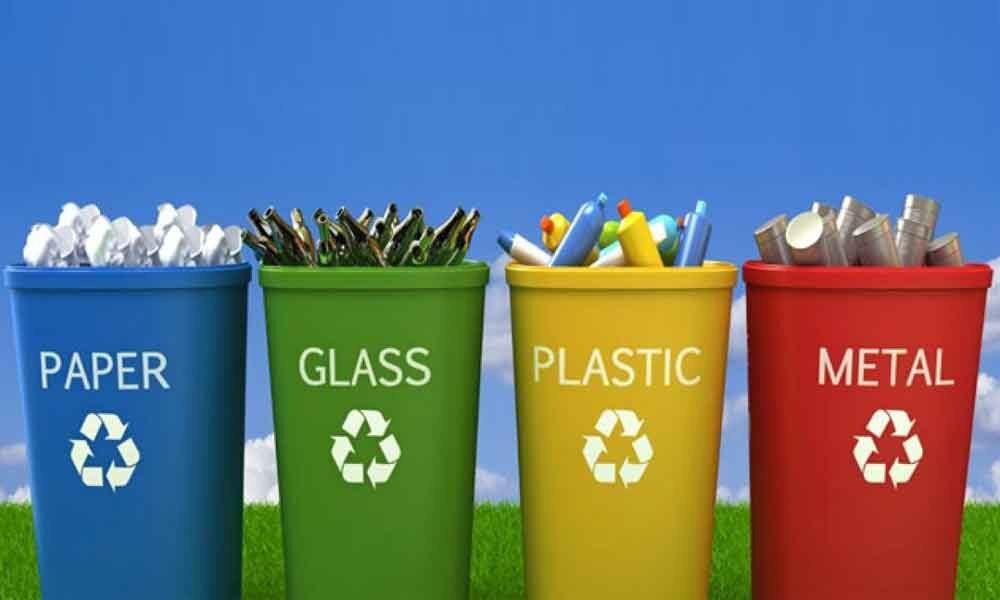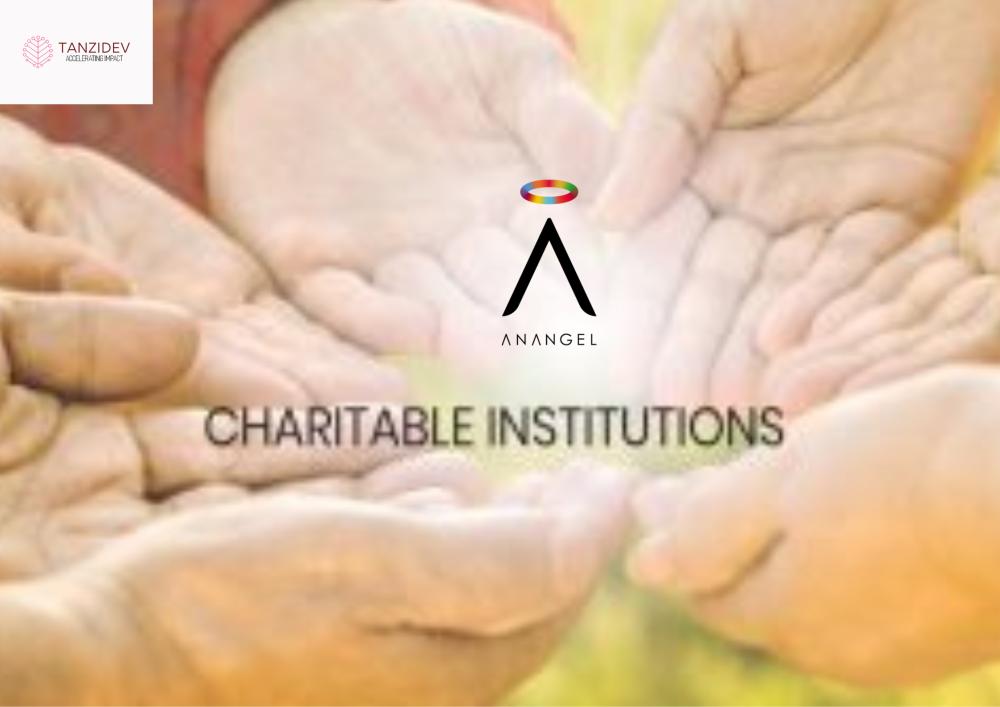

Waste Management in Mauritius: Achieving Sustainable Solutions
Waste management is a pressing issue that demands attention globally, and Mauritius is actively addressing this challenge. As a small island nation in the Indian Ocean, Mauritius faces unique circumstances in waste management due to its limited land area and population density. However, the country has made significant strides in recent years, implementing innovative strategies and initiatives to tackle waste and promote sustainability. In this blog, we will delve into the current state of waste management in Mauritius, highlighting key facts and figures that illustrate the country's sustainable journey.
Waste Generation:
Mauritius generates a substantial amount of waste each year. According to recent data from the Ministry of Environment, Solid Waste Management Division, the country produced approximately 1.4 million tonnes of waste in 2020. With a population of around 1.3 million, this equates to an average of over 1,000 kilograms of waste per person annually.
Landfill Usage:
Due to limited land availability, Mauritius faces challenges in managing its landfill space effectively. The primary landfill site, Mare Chicose, has been operating since 2000 and has a finite capacity. As of 2021, the landfill was nearly reaching its maximum capacity, prompting the urgent need for alternative waste management solutions.
Waste Segregation and Recycling:
Recognizing the importance of waste segregation and recycling, Mauritius has taken significant steps in this regard. The country has implemented a household waste segregation program, encouraging residents to separate their waste into recyclables and non-recyclables. In 2020, approximately 25% of waste collected through this program was diverted from landfills and sent for recycling, totaling around 120,000 tonnes.
Composting Initiatives:
To reduce organic waste and promote sustainable practices, Mauritius has embraced composting initiatives. Several composting plants have been established across the country, where organic waste such as food scraps and garden trimmings are processed into nutrient-rich compost. In 2020, Mauritius produced approximately 20,000 tonnes of compost through these facilities, contributing to the circular economy and reducing the reliance on chemical fertilizers.
Plastic Waste Management:
Plastic waste poses a significant environmental threat globally, and Mauritius is actively addressing this issue. The country has banned the importation, manufacture, and sale of non-biodegradable plastic bags since 2015. Additionally, a Plastic Waste Management Fund was established to support initiatives focused on plastic waste reduction, recycling, and awareness campaigns. These efforts have resulted in a significant reduction in plastic bag usage and increased public awareness about the importance of responsible plastic waste management.
Renewable Energy from Waste:
Mauritius has recognized the potential of waste as a source of renewable energy. The country has implemented waste-to-energy projects, where non-recyclable waste is converted into electricity. One such facility, the Méridien Waste-to-Energy Plant, has a capacity to produce approximately 14 MW of electricity, contributing to the national grid and reducing reliance on fossil fuels.
Conclusion:
Mauritius has embarked on an inspiring journey towards sustainable waste management. With increasing waste generation, the country has taken significant steps to implement waste segregation, recycling, composting, and renewable energy projects. These efforts showcase Mauritius' commitment to a circular economy and the preservation of its pristine environment. By continuing to invest in innovative waste management solutions, Mauritius is poised to become a model for other nations seeking sustainable waste management practices.


